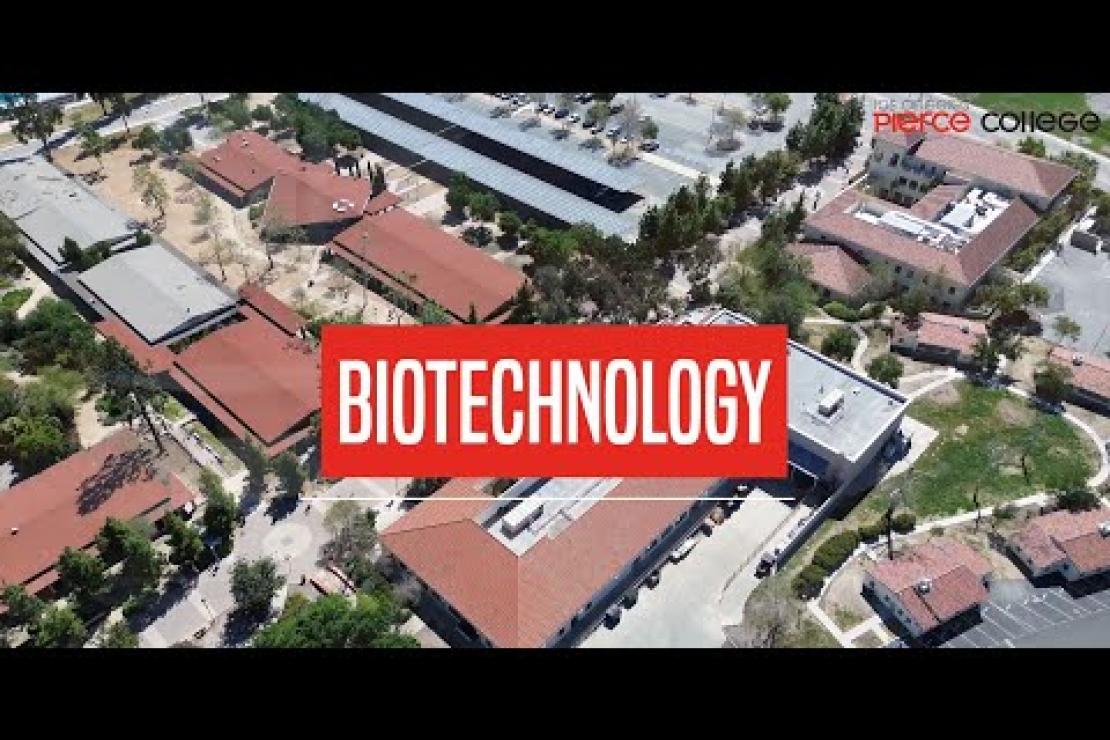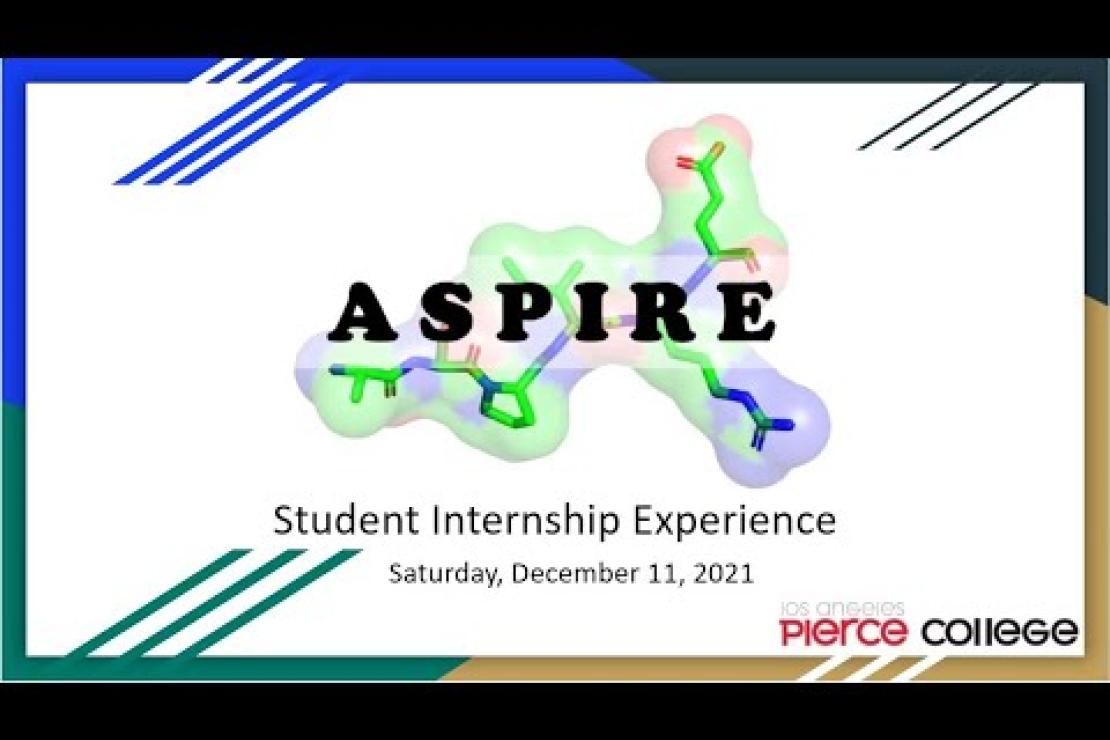Biotechnology
Biotechnology
Biotechnology is a field within Biological Science that employs the use of biological systems to develop products and services to improve the quality of life. It is where biological science intersects with engineering & business, and it has overarching impacts on many other disciplines, including economics, policy, and social justice. There are six major applications of Biotechnology (Gupta V., et al. 2016):
- Medicine (Red Biotechnology) - Production of biotherapeutics (small peptides, nucleic acids, monoclonal antibodies, and BiTEs), genome sequencing, various applications of genome editing technology, molecular diagnostics, gene therapy, CAR T (cell) therapy, and medical devices.
- Agriculture (Green Biotechnology) - Development of Genetically engineered crops (golden rice, drought, and salt resistant crops), fertilizer-producing microbes, and plant pathogen diagnostics.
- Marine (Blue Biotechnology) - Cultivation of macro and microalgae, as well as other marine organisms for alternative food and industrial products.
- Industrial (White Biotechnology) - Production of chemicals (dyes, plastic substitutes, cosmetics, and even snowboards!) for industrial purposes.
- Food Biotechnology (the oldest Biotechnology) - Production of Bread, Beer, Wine, yogurt, and other genetically engineered probiotics. The development of plant-based and cell-based meat alternatives.
- Environmental Sustainability - Development of plastic-degrading enzymes, pollution-reducing organisms, and soil microbe engineering.
Biotechnology enables imagination to become a reality. There is still much to be done and there are a lot of entrepreneurial opportunities in the Biotech space as well! The Bioeconomy is estimated to contribute up to $4 trillion annually over the next 10 years (Congressional Research Service, 2022). Are you ready to join the movement and be a part of the solution?
Biotech Careers
Our training program prepares students for an entry-level laboratory position in industry as well as academic research institutions. Although most people start at the bench as a research associate or laboratory technician, there are a lot of opportunities to move up as well as move beyond the bench into positions in project management, supply chain & warehouse, sales, regulatory & compliance, as well as field works. Biotech-careers.org is a great resource to learn more about various Biotech careers as well as Biotech-related jobs that are available locally.
Do you have any questions?
Contact Information
|
Program Director: Aron Kamajaya, Ph.D. |
Life Science Department Chair: |
Pierce Biotechnology Program
Want to connect with us and get an update on our upcoming events?
Or you can simply check back here periodically!
Check out our Instagram (@aspire.biotech) to get a glimpse of our lab atmosphere.
Get to know our Program Director.
Biotech News & Events
- Pierce Receives $2 Million Community Project Fund to Develop a Baccalaureate Degree Program in Biomanufacturing. Read the story here.
- Pierce hosted Dr. Arati Prabhakar, the Director of the Office for Science and Technology Policy (OSTP). Read the story here.
- Pierce hosted the first Annual Biotechnology Symposium in June 2023. Read the post here.
Biotechnology Certificates and Associate Degree
- Biotech 002 (Biotechnology I - 4 units)
- Biotech 003 (Biotechnology II - 4 units)
- Chemistry 51 (Fundamentals of Chemistry - 5 units), or Chemistry 60 (Intro to General Chemistry - 5 units), or higher
- Biotech 002 (Biotechnology I - 4 units)
- Biotech 003 (Biotechnology II - 4 units)
- Chemistry 51 (Fundamentals of Chemistry - 5 units), or Chemistry 60 (Intro to General Chemistry - 5 units), or higher
- Microbiology 20 (General Microbiology - 4 units) or equivalent
- Biotech 385 (3 units Directed Study), or Biotech 185 (1 unit Directed Study) AND Biotech 285 (2 units Directed Study)
CORE COURSE Requirements (21 units):
- Biotech 002 (Biotechnology I - 4 units)
- Biotech 003 (Biotechnology II - 4 units)
- Chemistry 51 (Fundamentals of Chemistry - 5 units), or Chemistry 60 (Intro to General Chemistry - 5 units), or higher
- Microbiology 20 (General Microbiology - 4 units) or equivalent
- Mathematics 227 (Statistics - 4 units)
SPECIALIZATIONS:
| General Biotechnology Option (+8 units) | Plant Biotechnology Option (+9 units) |
| Biology 6 (General Biology I/ Molecular & Cell Biology - 5 units) | Plant Science 103 (Introduction to Soil Science - 3 units) |
| Biotech 385 (3 units Directed Study), or Biotech 185 (1 unit Directed Study) AND Biotech 285 (2 units Directed Study) | Plant Science 711 (Introduction to Plant Science - 4 units) |
| Plant Science 726 (Agricultural Genetics - 2 units), OR Plant Science 727 (Plant Breeding Techniques - 2 units) |
MAJOR TOTAL UNITS: 29 - 30
+ General Education units (see our academic counselors for more information)
How do I join the Biotechnology Training Program OR ASPIRE Internship?
Our entry-level course (Biotech 002) does not have a pre-requisite. Given that you are serious about pursuing careers in laboratory sciences, you can start by enrolling in the Biotech 002 course.
To join the ASPIRE internship, you will need to enroll in Biotech 185 (1 unit), 285 (2 units), and 385 (3 units). Enrollment in these Directed Study courses has a different process. Please contact Dr. Aron Kamajaya (kamajaa@laccd) should you be interested in joining the ASPIRE internship.
See below for the general guidelines on how to join our program.
If you are already a student at Los Angeles Pierce College or other colleges within the Los Angeles Community College District (LACCD), you can simply go to your online student portal and add the Biotech 002 course.
Be sure to check our online class schedule to make sure that there is no schedule conflict!
Pierce has the Welcome Center that will help you navigate through our admission process.
- Apply to Pierce College. Our courses are credit courses. Be sure to use the "College Credit Application"
- You will have to wait a few days before receiving your welcome letter with your LACCD student ID number.
- Set up your online student portal. See your welcome letter for the instructions.
- Add the Biotech 002 course through the online student portal. Be sure to check our online class schedule to make sure that there is no schedule conflict!
Pierce has the Welcome Center that will help you navigate through our admission process.
- Apply to Pierce College. Our courses are credit courses. Be sure to use the "College Credit Application"
- You will have to wait a few days before receiving your welcome letter with your LACCD student ID number.
- While waiting for this process to complete, you should simultaneously process the online K-12 form. You will need to work with your school counselor to get this form submitted to us electronically.
- Set up your online student portal. See your welcome letter for the instructions.
- Add the Biotech 002 course through the online student portal. Be sure to check our online class schedule to make sure that there is no schedule conflict!
Be sure to check with your counselor if we already have the Biotech 002 dual enrollment course offered at your school!!
Pierce has the Welcome Center that will help you navigate through our admission process.
If you are a K-8 student, the enrollment process is a little more involved. Be sure to check our K-8 enrollment guidelines and plan ahead.
Pierce has the Welcome Center that will help you navigate through our admission process.
ASPIRE Internship in Protein Biomanufacturing
Active Projects:

Enzyme (DNA Polymerases) Biomanufacturing.
Skills: Protein expression, purification, lyophilization, formulation, functional assay, etc.
NSF DUE 2100575

Nanobody Engineering
Skills: Protein expression, purification, ELISA, bioinformatics, directed evolution
NSF DUE 2055036

Next Generation Sequencing
Skills: high throughput sample preparation, metabarcoding, metagenomics, bioinformatics, automation
TBD (Starting September 2024)

DNA Barcoding
Skills: Polymerase chain reaction, molecular biology, DNA (Sanger) sequencing, bioinformatics, phylogenetic analysis
Collaboration with DNA Learning Center at Cold Spring Harbor Laboratory
Tiny Earth
A discovery-based project aimed at finding novel antibiotics.
Collaboration with the University of Wisconsin, Madison & John Hopkins University.

Other miscellaneous projects
We have a few other co-op projects with academic research and industry partners, including:
SEA-PHAGES
Caltech
Scientific Bioprocessing, Inc.
Constitution Lab, LLC.
... and a few more to come.



